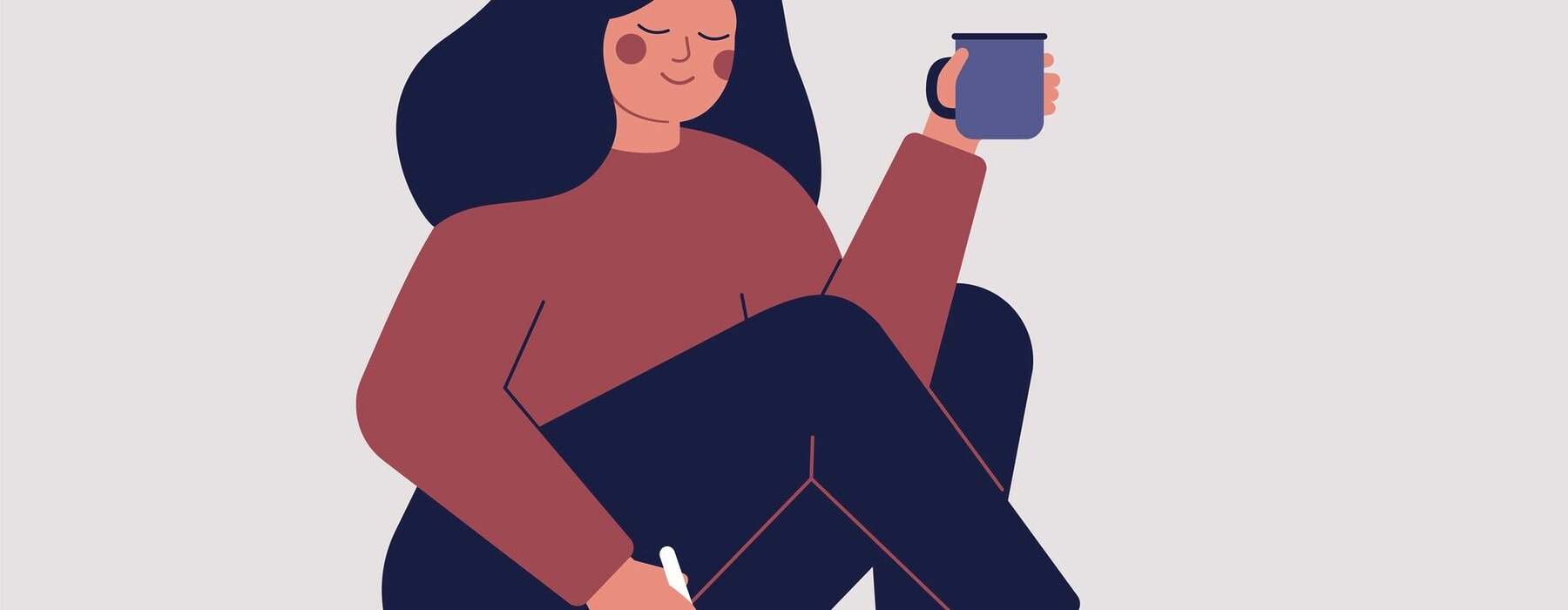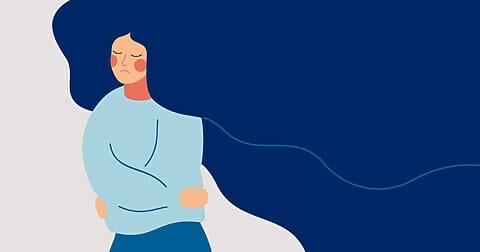A simple diary entry has the power to make you happier and healthier. Jessica Belle-Greer talks to journaling advocates about why it works.
Ever since human beings could write, we’ve noted down our innermost ideas in the hope of understanding ourselves better. “The soul becomes dyed with the colour of its thoughts,” wrote Roman emperor Marcus Aurelius in one of the world’s earliest and most earnest journals, now known as Meditations.
Yet you don’t have to be a thought leader to seek solace on the page. The most famous journal began with an entry on a young woman’s 13th birthday in 1940s Amsterdam. Anne Frank had been given a red-checked diary from her parents and, in hiding, wrote: “I hope I will be able to confide everything to you, as I have never been able to confide in anyone, and I hope you will be a great source of comfort and support.”
Not all diaries have such a profound effect on world history, but they can have an impact on our individual medical histories.
“Journaling is known to support people struggling with mental distress and proactively facilitate positive mental health,” says clinical psychologist (and Thrive columnist) Jacqui Maguire. “Research also demonstrates that regular journaling can strengthen the immune system, drop blood pressure, help you sleep better, and generally keep you healthier.”
As a proven emotional regulation strategy, journaling facilitates the engagement of your prefrontal cortex (known as the CEO of the brain) so that you can think more clearly about any struggles. “Once calm, a designated quiet time to reflect on your emotions and thoughts connected to specific events will enable the opportunity to problem-solve or view situations from a wider angle,” Jacqui says.
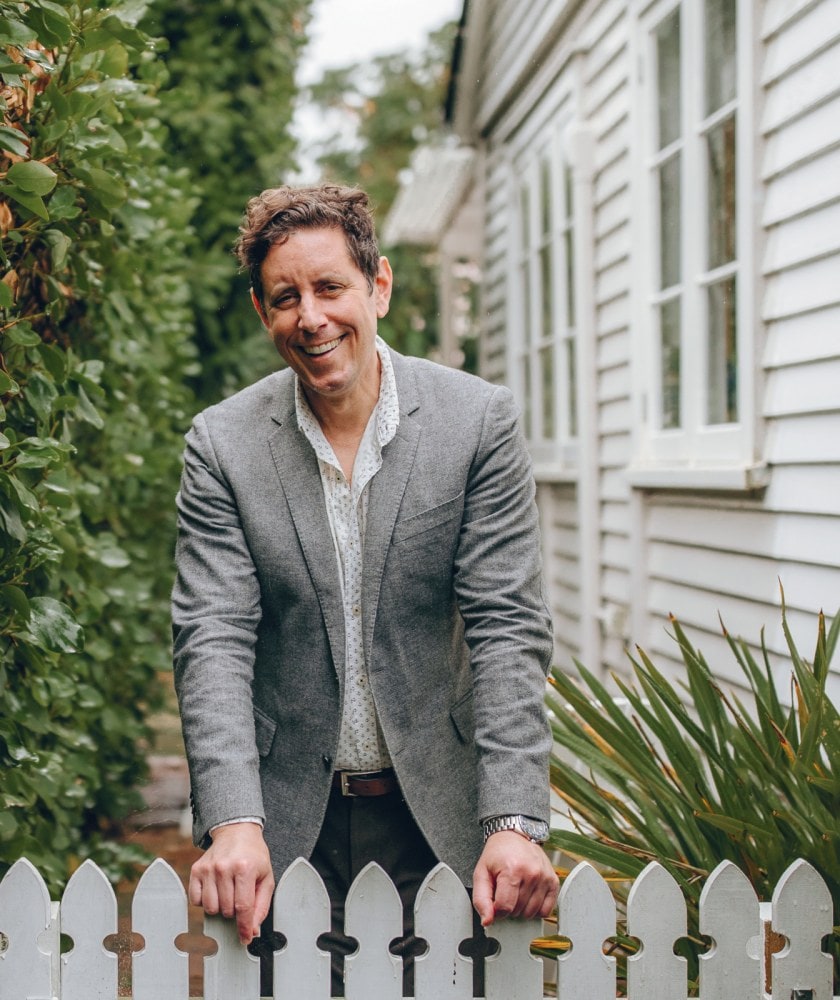
How am I feeling?
Radio New Zealand presenter and journalist Wallace Chapman learnt the importance of journaling first-hand when he was diagnosed with the rare Gaucher’s disease in his twenties. “It was then just to make sense of the world, because by this time I was going from a university and doing pretty well academically to being on the disability benefit, on the dole,” he says.
Wallace had intermittently kept diaries since he had a disco-denim covered one he wrote in at eight years old. During his most challenging time, he instinctively wrote in a notebook at the end of the day about how he’d been feeling and what his pain score was out of 10.
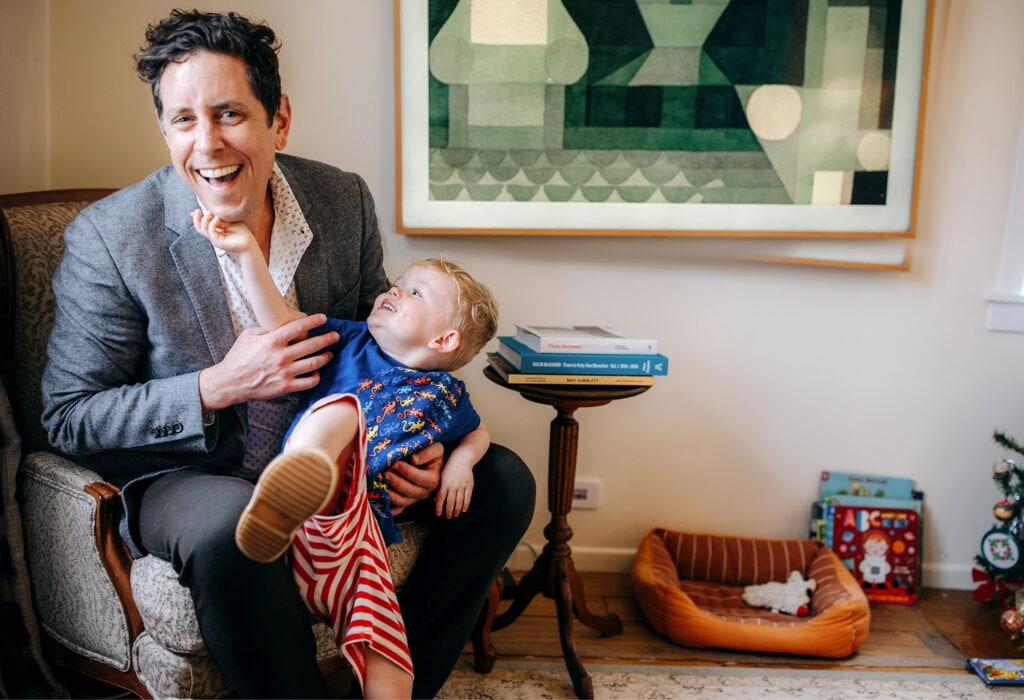
“I found that if you have a certain amount of extreme pain or serious pain, it’s very hard to manage. It’s very hard to get your head around it,” he says. “Writing it down and confronting it on paper really, really did help.”
A randomised trial published in The Journal of the American Medical Association looked at patients with asthma and rheumatoid arthritis – the latter can involve similar pain to Gaucher’s. Those who kept a journal on their stressful experiences reported a beneficial effect on symptoms, wellbeing and healthcare use. Even when journaling is at times negative, studies have shown it still has a positive impact on the writer.
“Research hypothesises that journaling supports the processing and regulation of a journal on their stressful experiences reported a beneficial effect on symptoms, wellbeing and healthcare use. Even when journaling is at times negative, studies have shown it still has a positive impact on the writer.
“Research hypothesises that journaling supports the processing and regulation of unpleasant emotions and helps individuals compose coherent narratives from their experiences,” says Jacqui. “By taking time to pause, reflect and write, individuals are developing relationships with their mind.”
Over two years of chronic pain, Wallace noticed he was becoming reclusive. He started to think about how he could engage with people outside, reframing his mindset with notes about things as simple as smiling again.

“Journaling can enhance self-awareness,” says Jacqui, “which therefore increases people’s ability to spot regular and/or unhealthy thought patterns. Once aware of these unhelpful thoughts, people then have the opportunity to make proactive rather than reactive decisions, and can work to develop more healthy balanced thoughts.”
“It’s pretty basic-level stuff, but that’s what a crisis does to you,” says Wallace. “Writing it down, closing the book, cementing it in my mind, going to sleep knowing tomorrow would be a better day.”
Once he was well enough to work again, Wallace kept highly annotated diaries during his days as creative director for student radio in Dunedin and Auckland’s 95bFM. “I went from the opposite of having a very empty, empty, empty life to having a very, very full, very, very busy life. And so those work journals tell the story of another Wallace Chapman.”
Wallace hasn’t kept a dedicated journal for a while, but says he wouldn’t hesitate to open one again if he finds a need to. “It’s a really revealing and healing thing to do.”
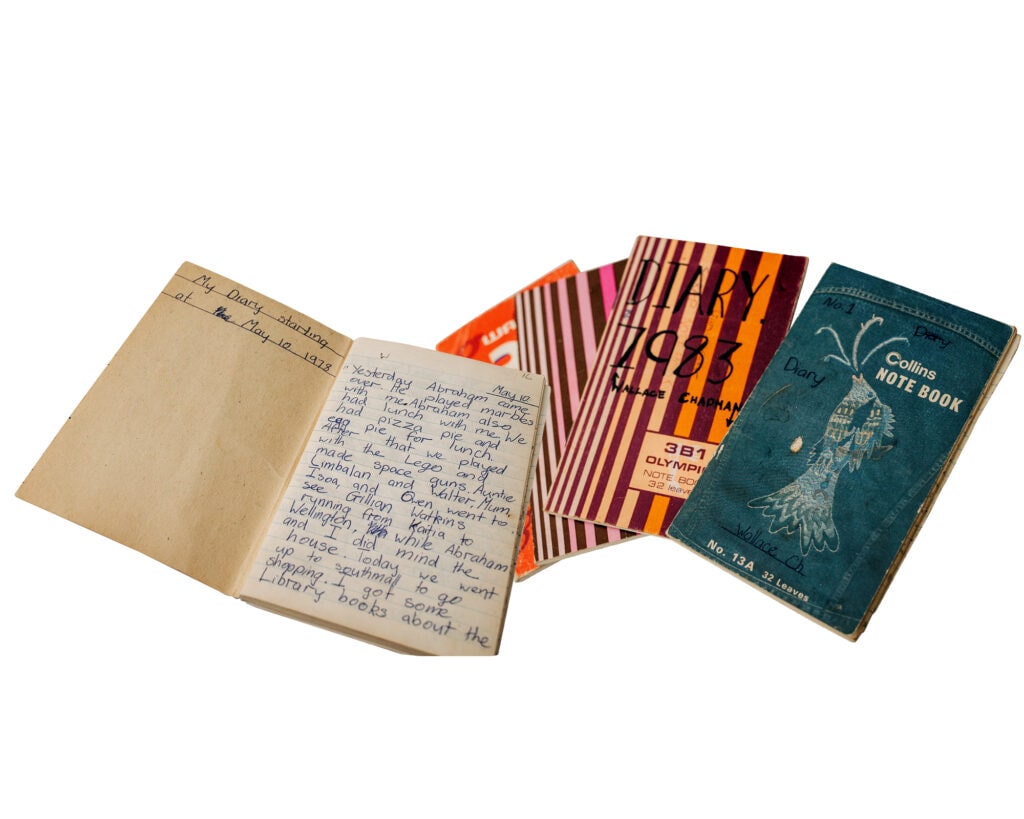
Where do I start?
Jacqui, who uses journaling as a tool when facing challenges in her own life, says written rather than digital diaries are best. The act of writing accesses your analytical left brain, which leaves your right brain free to feel. “Whilst noting on your phone may be better than nothing, you are depriving yourself from the full benefits of journaling,” she explains.
As human beings are creatures of habit, Jacqui recommends setting aside a daily 20-minute block of time to journal. “Like all new habits, it might feel tricky at the start but the more you do it, the easier it will get.”
If you’re struggling to get started, think about describing your general mood and thoughts from the day, or pick a theme, such as dealing with an unexpected change.
A diary entry shouldn’t be a brain dump. Find your stream of consciousness, and don’t worry about spelling and punctuation. “Journaling isn’t about how creative you are. It’s about developing a new skill to improve self-awareness, process emotions and develop a healthier relationship with yourself,” says Jacqui.
What am I grateful for?
Storyteller Jessica Molina, who works in digital marketing, has kept a diary since she was young and blogged since she was 12. “Writing is the best way I know to make sense of the world,” she says. “I love getting to know myself through journaling, chronicling adventures and having a tangible place to store memories, whether that’s in my private journal or as a blog entry.”
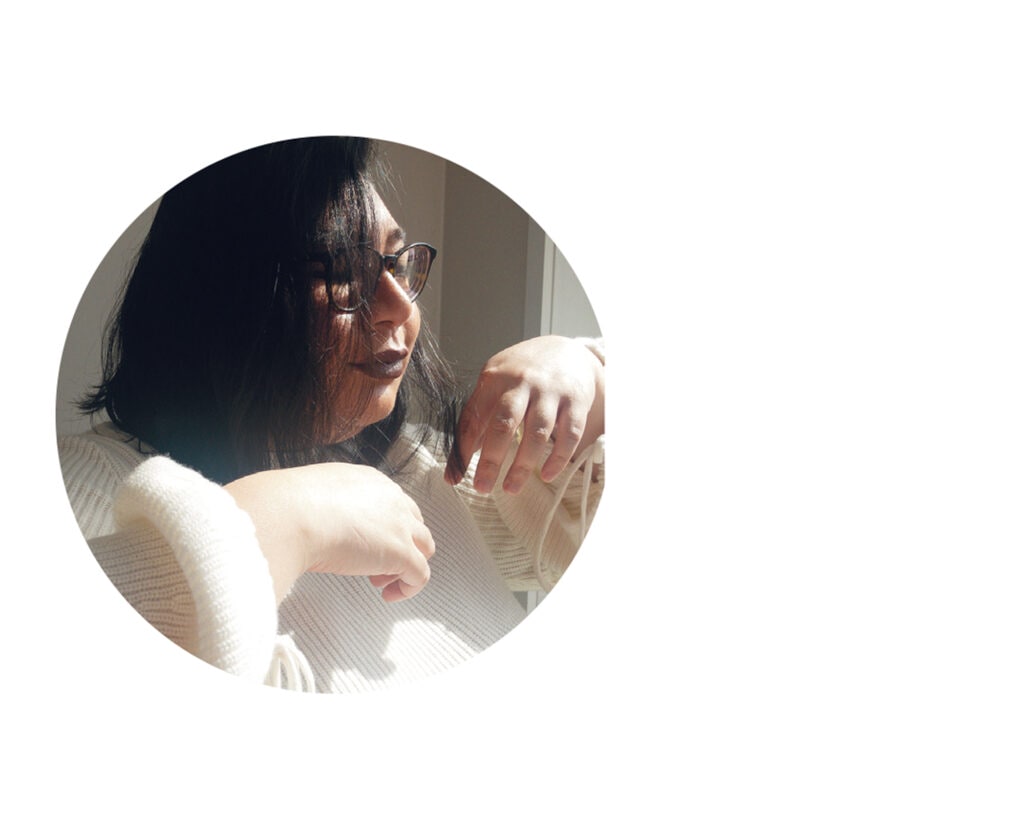
Every day, Jess answers three journal prompts in an unlined leather-look book, before writing a to-do list or a longer dedicated journal entry. Her prompts are: “I am…”, “I have…” and “Grateful for…”
“It helps me be in the moment more,” she says. “On days that are stressful or absolutely crap, I find that it’s hard to answer these prompts. But that’s when I know I need to look deeper, to really appreciate the small wins more.”
As Jacqui explains, gratitude journaling is “a positive psychology practice designed to support people to increase their positivity attention bias via recording a daily gratitude log”.
In a study led by Robert A Emmons, psychologist and founding editor-in-chief of The Journal of Positive Psychology, researchers found that young adults who kept gratitude journals reported greater life satisfaction.
Should I look back?
Jess plans for the future in her journals, usually turning the page of her diary ceremoniously as the clock strikes 12 on New Year’s Eve. Yet she sees the value in looking back too. “There are entries I don’t remember writing, feelings I don’t remember feeling. It’s nice to look back and see my progress, to see how much I’ve changed and grown, and to realise that a lot of the things I’ve written down as hopes and dreams in the past now exist in my reality.”
Reflecting can provide useful insight to help guide the future, says Jacqui. If you are in the midst of a challenge, it may help to re-read your entry immediately after it’s written. If you are using your journal for overall mental health, you could review your entries every few months.
Journals are often tucked at the back of a drawer, but the internet opens up a space for sharing entries with others in real time. Jess treats her social media accounts and her website, Loudly Quietly, like an open journal – honest about both good and bad times.
While some things are best left private, especially entries involving experiences with other people, Jess sees the power in sharing our most vulnerable thoughts. “It’s surreal to realise that you are not alone,” she says. “I think, ultimately, that’s what journaling is, for me.”
How can I help others?
Needsandco is an online platform that helps both those who log a journal entry and those who read it, by removing stigmas around mental health challenges. “The concept behind Needsandco is to create a space that is non-judgemental in all aspects of what it is to be human,” says its Kiwi founder and director, Laura Segedin. “To allow others to feel like they are not alone in their struggles, and that feeling is human.”

When she was younger, Laura would process her grief on paper. Later, when working as a photographer, she would journal on her laptop, writing about her feelings and goals for self-growth. As Needsandco launched in mid-2020, she posted publicly about her varied experience with trauma, before others followed.
“I have suffered and navigated through some heavy lived experiences of my own, and creating a platform that is out there to help others in their struggles has definitely been a healing process for me,” she says.
“I love to help those that need it – and what better way than by being transparent with our struggles to gain stronger knowledge and understanding when it comes to mental wellbeing?”

